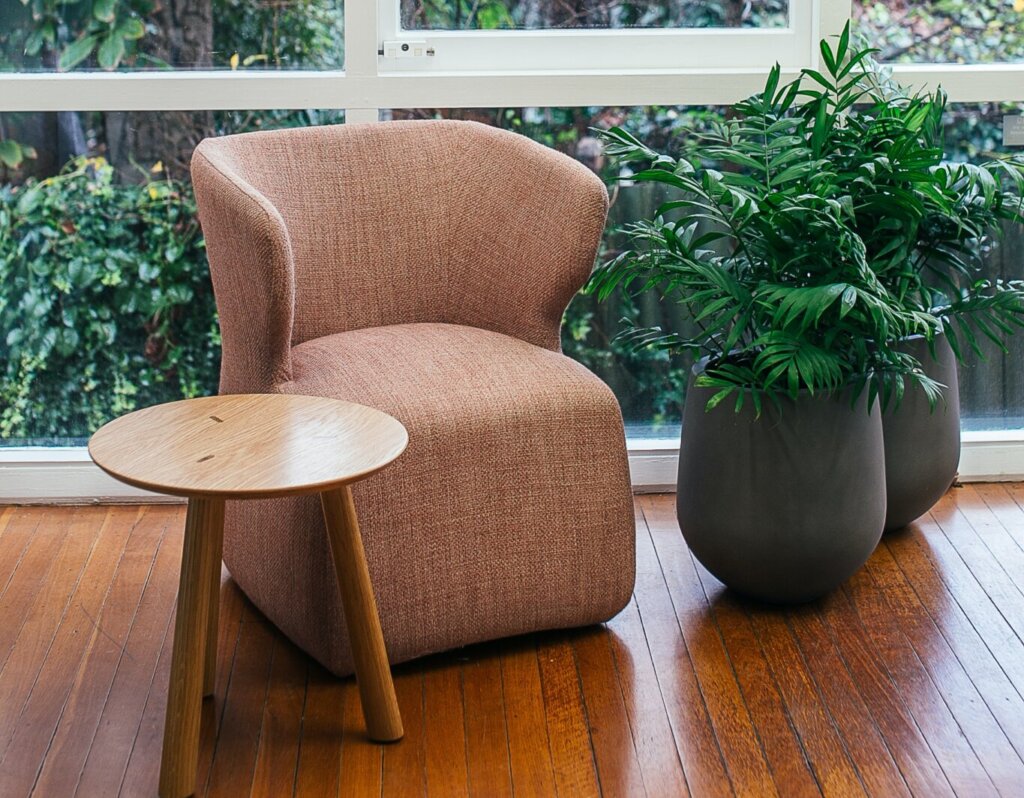Importance of Ventilation in a rental property.
What is ventilation and why is it so important?
Ventilation allows the air to circulate throughout your home and helps prevent moisture issues in the home. Without proper ventilation, air can remain stagnant and mould can develop. This is common in wet areas such as bathrooms. Ensuring a rental property stays adequately ventilated is an important factor for both an owner and a tenant.
Tips for a landlord:
- If there are no windows in the bathroom, a working and functional extractor fan is required. If there are windows, this is the main source of ventilation and it’s important these windows can be accessed and opened.
- If your laundry does not have a door or window, an exhaust fan is recommended.
- Check that your range hood or exhaust fan in the kitchen is working.
Tips for a tenant:
- Making sure the exhaust fans are being used each time the tenant showers and using the range hood when cooking.
- Other important things a tenant needs to do is clean exhaust fans regularly to avoid them becoming clogged with dust or cooking oil.
- Cleaning mould or moisture that may appear on areas such as window sills and windows.
- Opening doors and windows (even just a crack) can aid in ventilation of the home.
- When using the dryer, open a window/door and use an exhaust fan if there is one.
- Avoid drying wet laundry indoors without proper ventilation to the room.
What does your Property Manager do?
At routine inspections, we will look for signs of poor ventilation and other moisture issues. This includes things like condensation on walls, areas of mould or damage relating from other types of water ingress. We then can give recommendations to our tenants and owners in order to try and fix the issue. For instance, this could involve something as simple as speaking with the tenant and asking them to clean a dusty/clogged exhaust fan. Whilst it may seem like a minor cleaning task, reminding tenants about the importance of keeping them clean can really make a difference to the effectiveness of the fan and limit moisture issues for the owner.
We also often undertake troubleshooting with our tenants to assess the operation of exhaust fans by conducting a ‘tissue test’, which shows if the fan is actually sucking air adequately or not. This is done by ripping a small piece of toilet paper or tissue, and then holding it up to the fan (less than 10cm away), and if it gets pulled towards the fan, then the moisture is getting sucked away and the fan is working. If it does not get sucked up, then maybe it is an issue with the fan.
Doing these small actions in the first instance helps us to determine whether we actually an active maintenance issue with a fan or not, which also means the owner can potentially avoid unnecessary contractor call out fees. Only after our initial investigation would we then advise the owner that the bathroom exhaust is not working, and a repair/replacement is recommended. Alternatively, it could mean speaking with the tenant and asking them to clean a dusty/clogged exhaust fan if the operation is found to be impaired due to a build up of dust in the fan.
Warm Regards,
